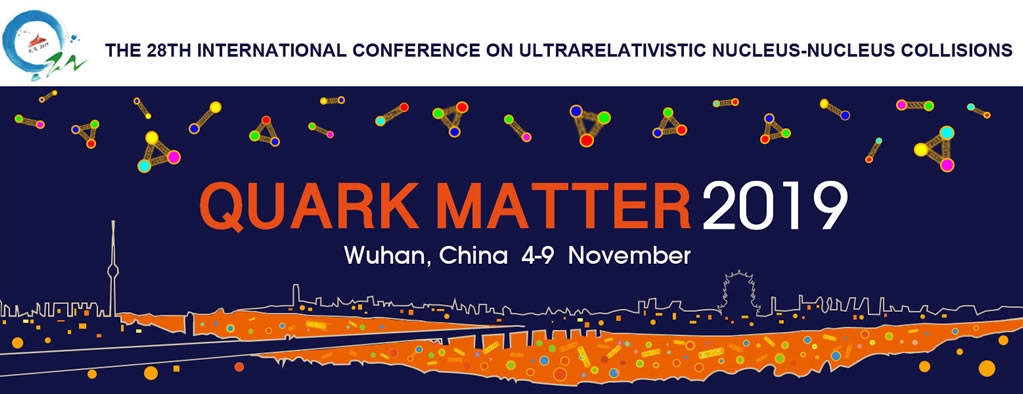Speaker
Description
The thermodynamic properties of high temperature and high density QCD-matter are explored within the Chiral SU(3)-flavor parity-doublet Polyakov-loop quark-hadron mean-field model, CMF. The applications of the CMF model to the lattice QCD data, heavy-ions physics, and static neutron stars are presented. In the CMF-model the transition between hadron-dominated and quark-dominated regimes is performed according to the lattice QCD data at zero net-baryon density. At low temperatures the CMF model reproduces known properties of nuclear matter while quarks become dominant at densities $\approx 7$ times nuclear saturation density. In the scope of the lattice QCD data the CMF model predictions for lines of constant physics as well as the baryon number susceptibilities are discussed. The calculated skewness and kurtosis predict three consecutive transitions in phase diagram, the nuclear first-order liquid-vapor phase transition, chiral symmetry restoration, and the cross-over transition to pure quark matter. The deviations from the free ideal hadron gas baseline at $\mu_B=0$ and $T\approx 100-200$ MeV can be attributed to remnants of the first order phase transition in the nuclear matter. The chiral crossing transition and cross-over to quark matter determine the baryon fluctuations at much higher $\mu_B$. The trajectories of heavy-ion collisions along the phase diagram are calculated. The CMF model also describe well the static properties of neutron stars in agreement with data extracted from GW170817 neutron star merger event.
[1] A. Motornenko, J. Steinheimer, V. Vovchenko, S. Schramm and H. Stoecker, arXiv:1905.00866 [hep-ph]
